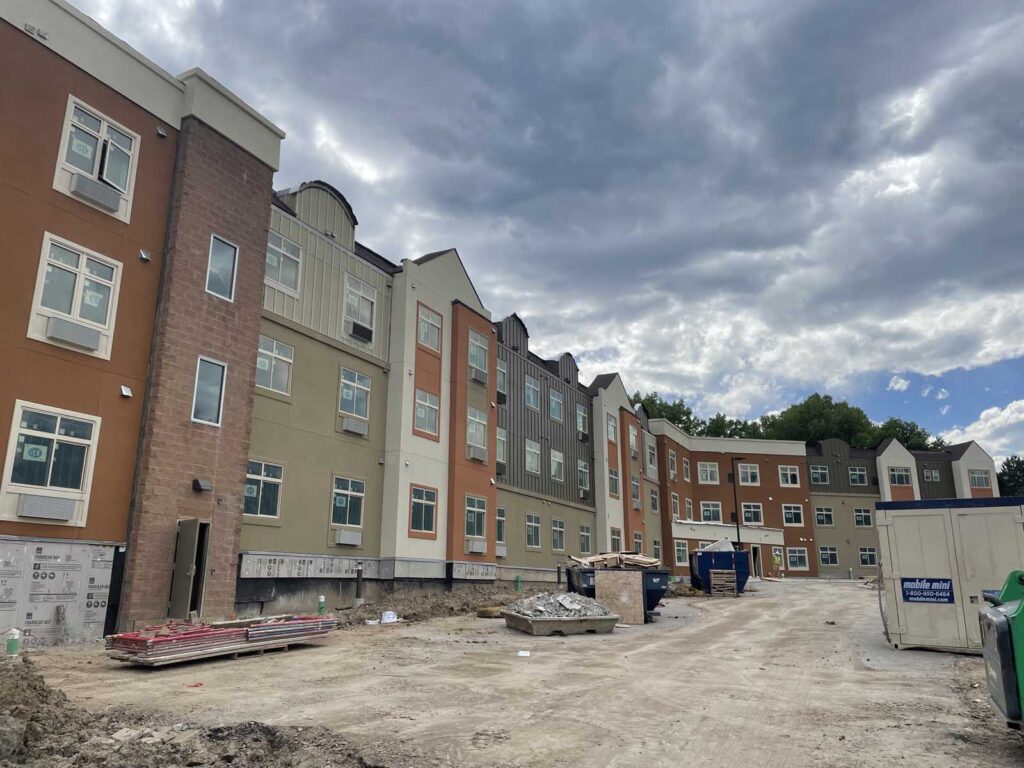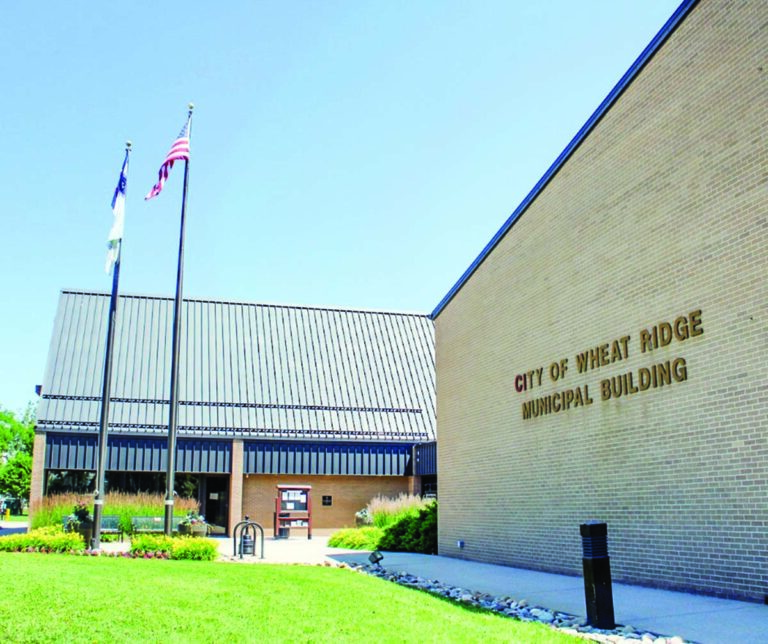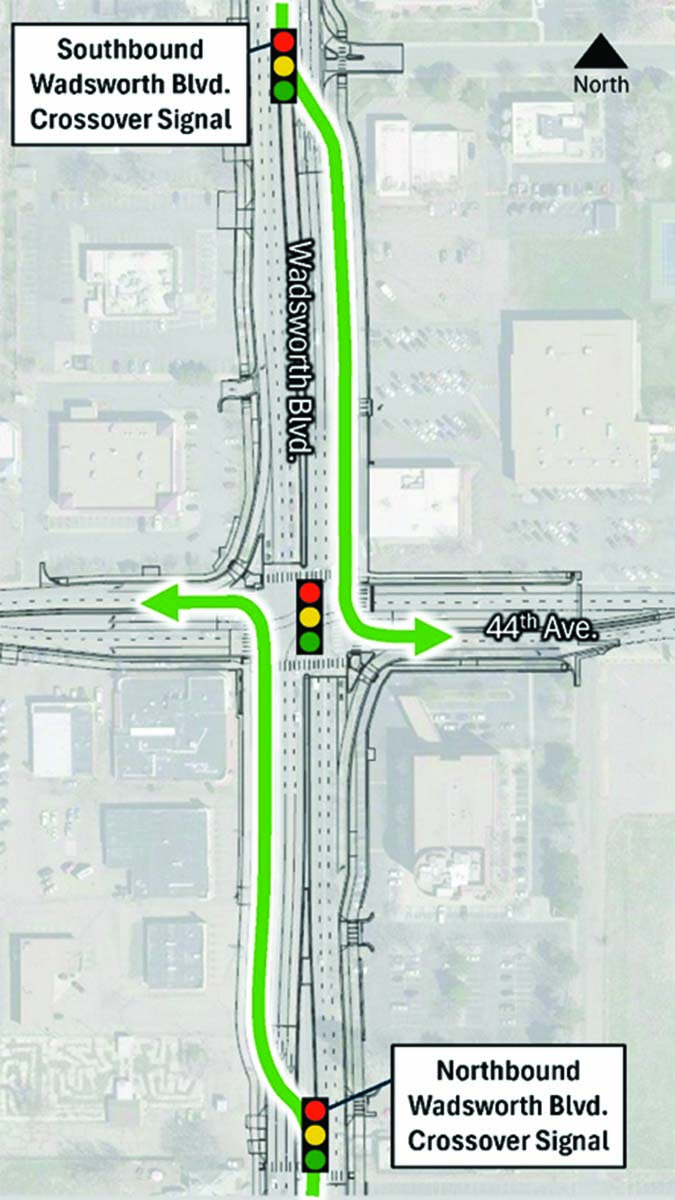The City of Wheat Ridge is grappling with the growing challenge of affordable housing, a problem plaguing many communities across the state. In response, the city successfully secured a grant from the State of Colorado in late 2021 to develop an Affordable Housing Strategy, the first of its kind in Wheat Ridge. The Wheat Ridge City Council officially adopted the strategy in January 2023, marking a significant step towards addressing housing affordability in the area.
“We see it as a housing affordability challenge, as about every other Colorado community is facing,” says Amanda Harrison, City of Wheat Ridge Communications and Engagement Manager.
The Affordable Housing Strategy includes a comprehensive housing needs assessment, revealing crucial insights about Wheat Ridge’s position in the Denver metro housing market. Notably, the assessment found that housing prices in Wheat Ridge are rising at a faster rate than household incomes. This growing disparity between incomes and the cost of housing has led to approximately 36 percent of all Wheat Ridge households being classified as “cost burdened,” meaning they spend over 30 percent of their income on housing expenses. For renters, the situation is particularly concerning, with over 50 percent of Wheat Ridge renter households experiencing a cost burden.
However, the needs assessment also identified a strength in Wheat Ridge: an abundance of affordable rental units. This is attributed, in part, to a higher number of aging rental properties that have not undergone significant upgrades or changes in ownership, keeping rental costs relatively affordable when compared to other communities.
In response to the needs assessment, the Affordable Housing Strategy incorporates a Wheat Ridge-specific action plan that includes zoning code changes, the establishment of a Wheat Ridge Housing Fund, the hiring of a staff member dedicated to securing state and federal funding opportunities, implementation of a “naturally occurring affordable housing” preservation program, and the introduction of policies requiring the inclusion of workforce housing units in new residential developments.
While the housing crisis persists, nonprofit organizations are working diligently to provide affordable housing options in and around Wheat Ridge. One such organization is Archway Communities, currently constructing a three-story affordable housing project at 2275 Wadsworth Boulevard called Robinson Place. Slated for completion in July, the project will offer 67 apartments for seniors and veterans.
Julie Stern, Archway Communities Director of Real Estate, emphasizes the inclusivity of the company’s rental criteria in its mission to accommodate individuals facing adverse life circumstances.
“Being able to income-qualify – and in the case of this community, age-qualify – is our most important screen,” Stern says. “Beyond that, we try to be really inclusive with our criteria. We’re a mission-driven organization, and we’re here to provide housing for folks who might not be able to find the right housing in the local community.”
Robinson Place apartments will be priced for families earning between 50 and 60 percent of the median income for area residents. Select units will be ADA compatible, and pets will be allowed.
“Our hope is just to help out as many of the local residents as possible, as well as residents from outside of our primary marketing area,” explains Shaina Maphet, Archway Communities Housing Development Manager.
However, the road to completing affordable housing projects like Robinson Place is not without challenges. Competition for financing and subsidies is fierce, requiring collaboration with multiple layers of government and private partnerships.
“We’re competing – as funny as it sounds – against other affordable housing projects to put together the funding to do the construction,” Stern says. Rising construction costs and interest rates pose additional obstacles, as Archway Communities strives to avoid increasing rental prices for residents.
Resistance from some community members adds to the complexity of the process.
“Unfortunately, sometimes we get some pushback from our potential neighbors,” Stern says. “When we find a great spot for affordable housing, sometimes we have to get through that process of having tough conversations with the neighbors who may not want folks who need affordable housing or may just not want apartments as part of their community. That’s always hard, because we’re building this housing so that more of our neighbors can be included in our communities.”
Efforts are underway at the state and local levels to secure additional resources and support for affordable housing initiatives, and meet local housing needs. As it stands, an estimated 100,000 households in the metro Denver area are struggling to afford housing.
“The need is basically bottomless,” Stern says. “We have projects that are ready to go, but they aren’t getting the resources they need.”
Potential solutions to the local housing crisis may involve the exploration of financing vehicles, leveraging available subsidies, and advocating for increased federal investment in affordable housing.
“The state and our local communities are really doing great work, trying to bring new resources online within the boundaries they have,” Stern says. “There could be much more investment at the federal level, and I believe our Colorado folks who are in Washington are advocating for those things.”
The state of affordable housing in Wheat Ridge encompasses numerous challenges, but initiatives like the Affordable Housing Strategy and projects like Robinson Place appear to be significant steps in the right direction.
For those interested in Robinson Place, the lease-up phase is underway, and potential residents are encouraged to visit the Archway Communities website to join the interest list: www.archwaycommunities.org






